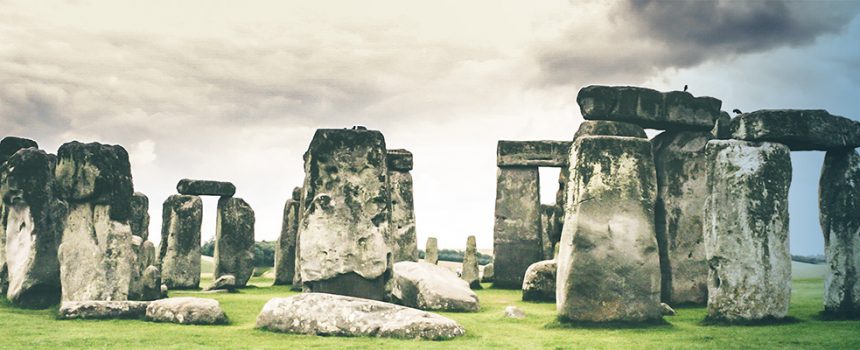Today the entire world is talking about trade, and some are calling for a trade war. At Pipeliner, we believe that trade should lead to the creation of prosperity, wealth and peace. We fully support the idea of free trade between all nations.
Ancient Trading World
When we look at history, there are times when the world was engaged in widespread trade. In 1984, a shipwreck was discovered just off the coast of Uluburun, Turkey that has been dated at approximately 1,300 B.C. What fascinated archeologists about this find was its cargo—tons of bronze, copper, ivory, gold, and tin.
Illustrating the state of world trade at this time was the distance some of the ship’s cargo had traveled. There were Canaanite jars, widely found in Greece, Cyprus, Syria-Palestine, and Egypt. There were cobalt blue glass ingots formed in Egypt. There was ebony from Africa. There was tin from Turkey and amber from the Baltic Sea. Goods from more than 60 million square miles were assembled on that ship.
A mere century after that wreck has been dated, nearly all of the entire known world—all of the Bronze Age civilizations—collapsed. Almost every major empire and kingdom fell apart: Egypt, Mesopotamia, and the Hittite Empire. Cities were burned, vanished or deserted.
It would be another 1,000 years before a new empire of that magnitude rose up, that of the Romans, which was actually even more rich and sophisticated.
Comparison to Today
Note that I am not making any sort of prediction here, but I am making a comparison.
What was behind the collapse of the Bronze Age? There was no single cause, but a complex combination of factors: there were tax revolts and invasions from multiple places. The Bronze Age civilizations collapsed and lost networks, and everything was thrown into a dark age. Many have asked if such a thing could have been predicted, and the answer is: no.
Today we have threatened trade wars, we have protested tariffs, and we have our series of “invasions” from immigrants. Today as then, complexity is everywhere we look, not the least of which is the creation of money. Today money is just made of paper, where at least back then it was represented in hard goods such as gold or other metals.
We not only have very similar conditions between today and the Bronze Age but also between the period just prior to World War I and today. Just before the outbreak of World War I, we had a very interconnected world, similar to today and similar to the Bronze Age.
A Warning
While I’m not making any kind of prediction, it is clear that if we make the wrong choices, the lights could go out for us, too. We at Pipeliner have commented before that this little planet we’re sitting on is our only resource. It’s actually stupid that we’re considering others as enemies, and not taking the time to work with each other within a world economy in which we could all win.
Let’s just look at one major industry that covers the entire globe: travel. Over 2 1/2 billion people are traveling today, in and out of some 50,000 airports around the world. Every one of those airports is staffed by thousands of people—a city unto itself. There are ancillary industries, too, such as manufacturing, that depend on travel. Every country invests in the infrastructure of their airports.
But beyond that, it’s also about tourism—we have more hotels than at any other time in history. In every tourist destination, there are theaters, museums, and more attractions. People want to travel and see the beauty of the world, and desire to have joyful experiences.
If some catastrophe occurred so that people couldn’t engage in these activities any longer, our economies (like those of the Bronze Age) would crumble.
So again, I’m not making any predictions. But I am saying that if we don’t open the world up to free trade—making agreements that result in a win-win—in the long run we could go the way of our Bronze Age ancestors.





















Comments